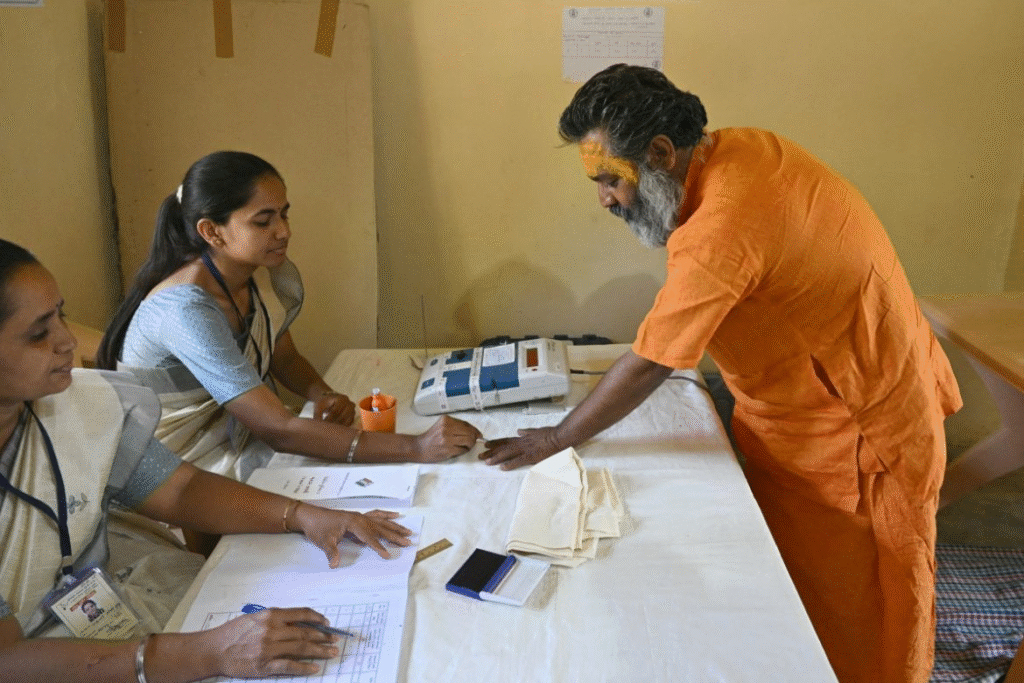
In a landmark decision that reinforces democratic principles and electoral transparency, the Supreme Court of India has directed the Election Commission of India (ECI) to publicly disclose the identities and reasons for deletion of 65 lakh voters from Bihar’s electoral rolls. This interim order, delivered on August 14, 2025, by a bench comprising Justices Surya Kant and Joymalya Bagchi, represents a significant victory for voter rights and judicial oversight of electoral processes.
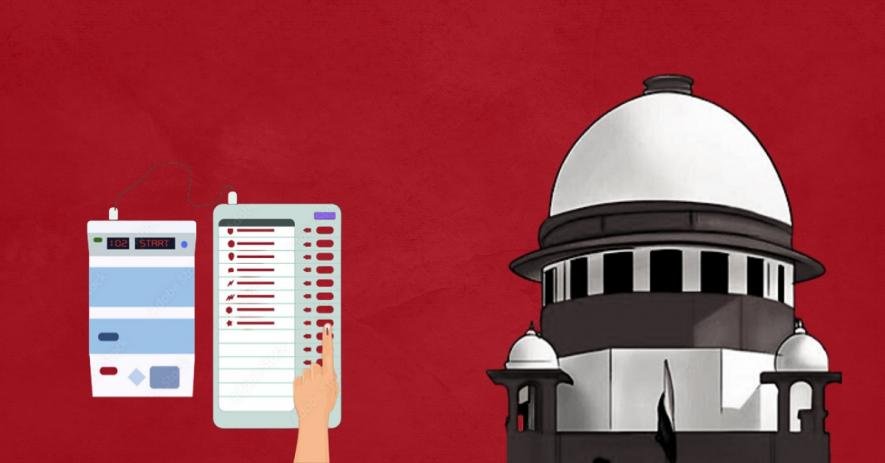
The Court’s emphatic statement that “the procedure has to be fair since it has the consequence of disenfranchising a voter” underscores the gravity of mass voter deletion and its potential impact on democratic participation. This ruling emerges from widespread concerns over Bihar’s controversial Special Intensive Revision (SIR) exercise, which resulted in the exclusion of approximately 8.31% of the state’s electorate ahead of crucial assembly elections.
Understanding Bihar’s Special Intensive Revision: Context and Controversy
What is Special Intensive Revision?
The Special Intensive Revision (SIR) represents an unprecedented electoral exercise initiated by the ECI in Bihar on June 24, 2025. Unlike regular electoral roll updates, this process required house-to-house verification by Booth Level Officers (BLOs) to validate approximately 79 million registered voters. The revision aimed to eliminate duplicate entries, deceased voters, and ineligible foreign nationals from the electoral rolls
However, the exercise proved controversial due to its timing and scope. Conducted just months before anticipated assembly elections, the SIR employed new documentation requirements that had not been seen in previous revisions since 2003. Most significantly, voters were required to provide documentary proof of birth or citizenship – a departure from earlier practices that relied primarily on self-declaration
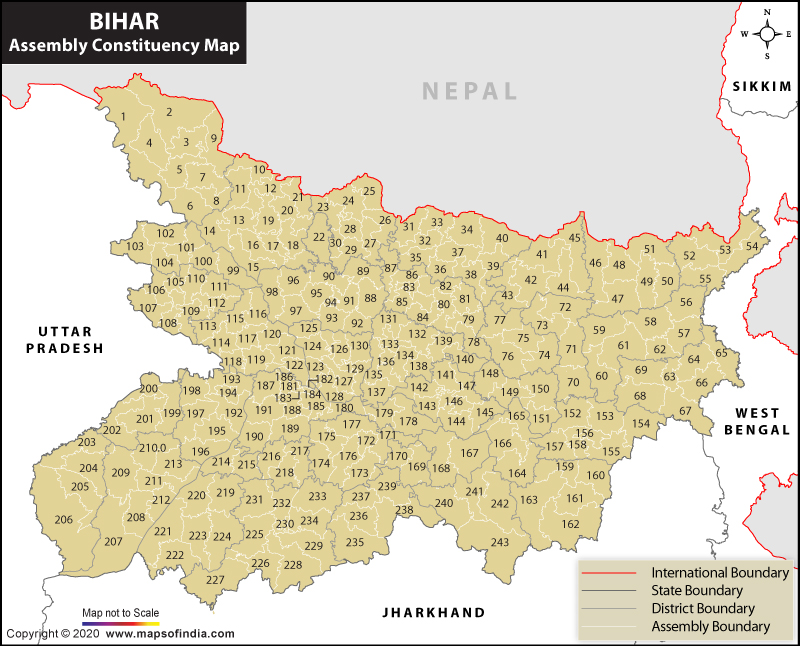
The Scale of Deletions: Breaking Down the Numbers
The magnitude of voter deletions under Bihar’s SIR has raised serious questions about the exercise’s legitimacy and methodology. According to ECI data released on August 1, 2025, the reasons for excluding the 65 lakh voters were categorized as follows
The data reveals that permanently shifted/absent voters comprised the largest category at 36.28 lakh, followed by deceased voters at 22.34 lakh, and duplicate registrations at 7.01 lakh. These numbers represent unprecedented deletion rates in Indian electoral history, particularly concerning given the compressed timeframe of the exercise.
Statistical Irregularities and Procedural Concerns
Independent analysis by civil society organizations has revealed disturbing statistical anomalies in the SIR process. According to Vote for Democracy (VFD), the deletion figures showed sudden, exponential jumps that “defy logical or statistical explanation”.
Most remarkably, a staggering 2.11 lakh electors were allegedly found dead in a single day between July 21 and July 22, 2025. This represents an average of 870 deletions per constituency in just 24 hours – a rate that experts consider statistically impossible through genuine verification processes.
Furthermore, the ECI’s decision to replace category-wise reporting with “Merged Data” on July 23, obscuring the breakdown of deletions, has raised additional transparency concerns. This data obfuscation coincided with accelerated deletion rates, ultimately reaching the final figure of 65 lakh deleted voters.
Supreme Court’s Intervention: Restoring Democratic Safeguards
Key Directives of the August 14 Order
The Supreme Court’s comprehensive interim order addresses multiple dimensions of electoral transparency and voter rights. The Court has mandated the following measures to be implemented by August 19, 2025
Publication Requirements:
- District-wise lists of all 65 lakh deleted voters must be published on District Electoral Officers’ websites
- Lists must be searchable by Elector Photo Identity Card (EPIC) numbers
- Booth-wise details must be displayed at panchayat offices and block development offices
- Complete datasets must be available on the Chief Electoral Officer’s website
Transparency Measures:
- Wide publicity through vernacular and English newspapers with maximum circulation
- Broadcasting on Doordarshan and other television channels
- Radio announcements and social media notifications by district election officers
- Public notices must inform affected individuals of their right to submit claims.
Remedial Provisions:
- Aadhaar cards will be accepted as valid proof for filing claims against wrongful deletion
- Aggrieved persons can submit claims using Form 6 along with Aadhaar documentation
- The ECI must provide reasons for each voter’s non-inclusion in the draft rolls
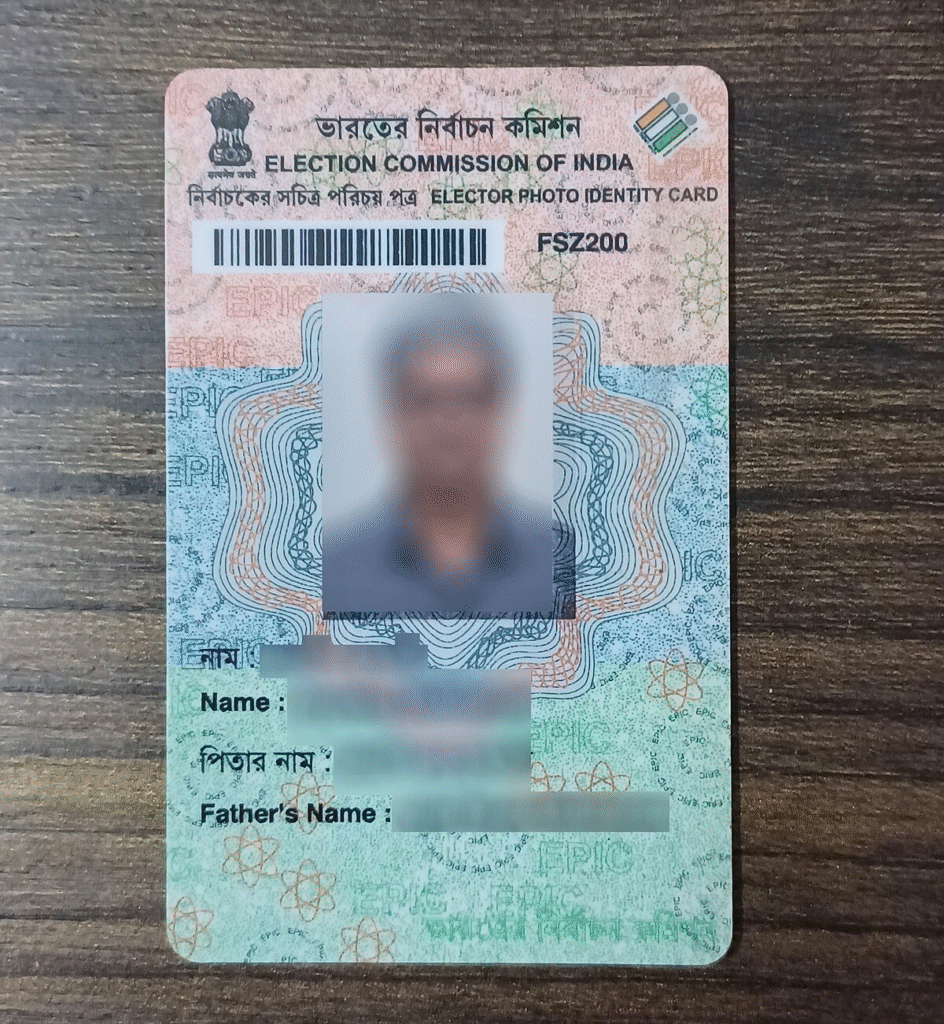
Judicial Reasoning: Balancing Electoral Integrity and Voter Rights
Justice Surya Kant’s observations during the proceedings reveal the Court’s sophisticated understanding of the constitutional tensions involved. The bench characterized the litigation as “largely a case of trust deficiency”, highlighting the erosion of public confidence in electoral institutions.
The Court rejected arguments that the ECI lacked authority to conduct the SIR, while simultaneously emphasizing that “disclosing names of dead, migrated or shifted electors on display board or website will give chance for correction of inadvertent errors”. This balanced approach recognizes the ECI’s residual powers while ensuring adequate safeguards against mass disenfranchisement.
Significantly, the Court stressed that “we would like to examine if they declare 5 crore people invalid”, indicating its readiness to intervene decisively if evidence of systematic voter suppression emerges.
The Broader Context: Electoral Transparency and Democratic Accountability
Constitutional Framework and Voter Rights
The Supreme Court’s intervention must be understood within India’s broader constitutional framework governing electoral rights. Article 326 of the Constitution establishes universal adult franchise as a fundamental feature of Indian democracy. However, the practical implementation of this right depends heavily on the integrity and inclusiveness of electoral rolls.
The Court’s emphasis on procedural fairness aligns with established jurisprudence recognizing that “no eligible voter shall be deprived of his or her right to be on the ballot roll” as mandated by Article 325. The SIR controversy demonstrates how technical electoral procedures can significantly impact fundamental democratic rights.
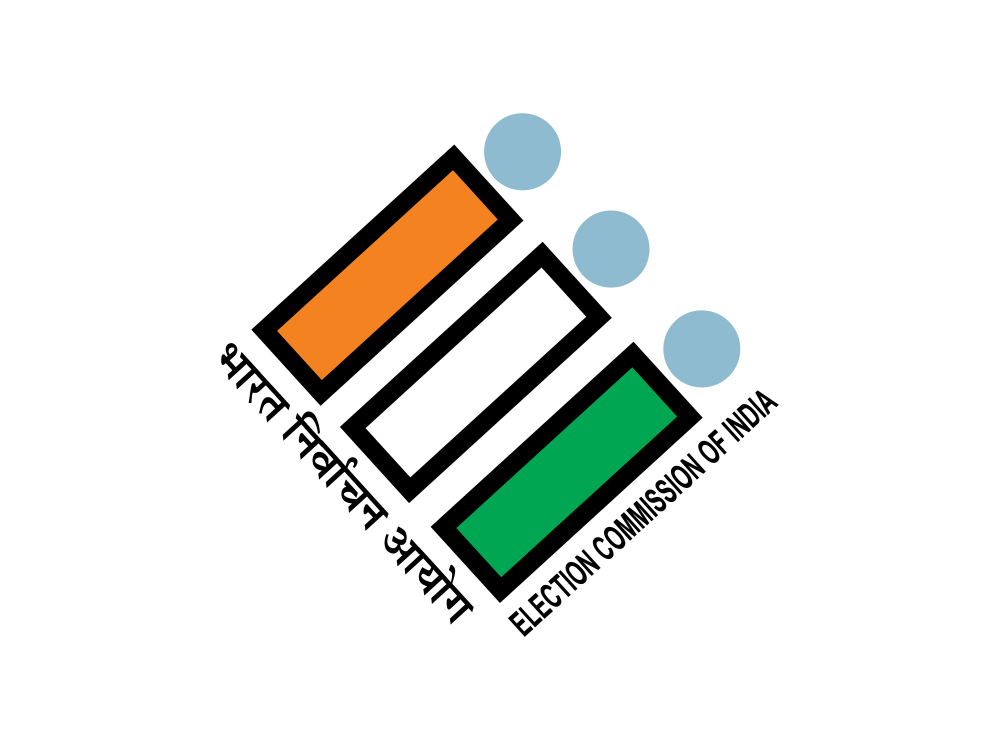
International Perspectives on Voter Suppression
The Bihar SIR case resonates with global concerns about voter suppression and electoral integrity. Research from the United States shows that mass voter purges disproportionately affect marginalized communities, including minorities, low-income populations, and migrant workers. The tactics employed often include complex documentation requirements and compressed timeframes that make it difficult for affected voters to respond.commoncause+2
International human rights law emphasizes that governments should enable participation by the broadest possible pool of eligible voters. The United Nations Human Rights Committee specifically encourages proactive measures to strengthen voting rights for groups that have suffered past discrimination.
The Role of Civil Society and Opposition Parties
The successful challenge to Bihar’s SIR demonstrates the crucial role of civil society organizations and political opposition in defending electoral rights. The Association for Democratic Reforms (ADR), along with prominent activists like Yogendra Yadav, filed the original petitions challenging the revision exercise.
Opposition leader Tejashwi Yadav’s statement that “democracy has prevailed” following the Supreme Court order reflects the broader political significance of the ruling. The decision has been hailed as sending a “huge message for vote chors” (vote thieves), indicating its potential deterrent effect on future electoral manipulation attempts.

Implications for Future Electoral Processes
Setting Precedents for Transparency
The Supreme Court’s Bihar SIR order establishes important precedents for electoral transparency across India. The requirement for detailed publication of deletion reasons and searchable online databases could become standard practice for future electoral roll revisions.
The Court’s acceptance of Aadhaar cards as valid identification for filing claims also simplifies the documentation process for affected voters, potentially reducing barriers to electoral participation. This represents a departure from more restrictive documentation requirements that have historically disadvantaged marginalized communities.
Challenges and Opportunities Ahead
The ECI faces significant logistical challenges in complying with the Court’s directives within the stipulated timeframe. Publishing booth-wise lists of 65 lakh voters across 243 constituencies requires substantial administrative coordination and technological infrastructure.
However, successful implementation could demonstrate that transparent, accountable electoral processes are both feasible and necessary for maintaining democratic legitimacy. The next hearing scheduled for August 22, 2025, will assess the ECI’s compliance and determine whether additional measures are required.
Broader Electoral Reform Implications
The Bihar controversy highlights systemic issues in India’s electoral roll management that extend beyond a single state. The ECI has announced plans for similar nationwide reviews to verify nearly a billion voters, making the lessons from Bihar’s experience critically important for the entire democratic framework.
The Supreme Court’s intervention also reinforces the judiciary’s role as a guardian of democratic rights when other institutions fail to provide adequate safeguards. This judicial oversight becomes particularly crucial in contexts where electoral processes face questions about their independence and impartiality.
Conclusion: Strengthening Democratic Foundations
The Supreme Court’s order directing transparency in Bihar’s voter deletion process represents more than just a procedural ruling – it embodies a fundamental reaffirmation of democratic principles in the face of potential electoral manipulation. By requiring the ECI to publish detailed lists of deleted voters with clear reasons, the Court has strengthened accountability mechanisms that are essential for maintaining public trust in electoral institutions.
The decision demonstrates that procedural fairness in electoral matters cannot be compromised, regardless of administrative convenience or political pressures. As Justice Surya Kant emphasized, the consequences of voter disenfranchisement are too significant to permit opaque or questionable processes.
Moving forward, the Bihar SIR case should serve as a catalyst for broader electoral reforms that prioritize transparency, accountability, and inclusive participation. The successful implementation of the Court’s directives could establish a new standard for electoral roll management that balances the need for accurate voter lists with robust protections against wrongful disenfranchisement.
Ultimately, the health of Indian democracy depends on ensuring that every eligible citizen can exercise their fundamental right to vote. The Supreme Court’s intervention in the Bihar SIR controversy reinforces that this right must be protected through transparent, fair, and accountable electoral processes. As the nation prepares for future elections, the lessons from this landmark case will undoubtedly shape how electoral institutions approach the delicate balance between electoral integrity and democratic inclusion.
The next crucial test will be the ECI’s compliance with the Court’s directives and the subsequent impact on Bihar’s electoral landscape. The August 22 hearing will determine whether this judicial intervention successfully restores public confidence in the electoral process or whether additional measures are needed to safeguard democratic participation





